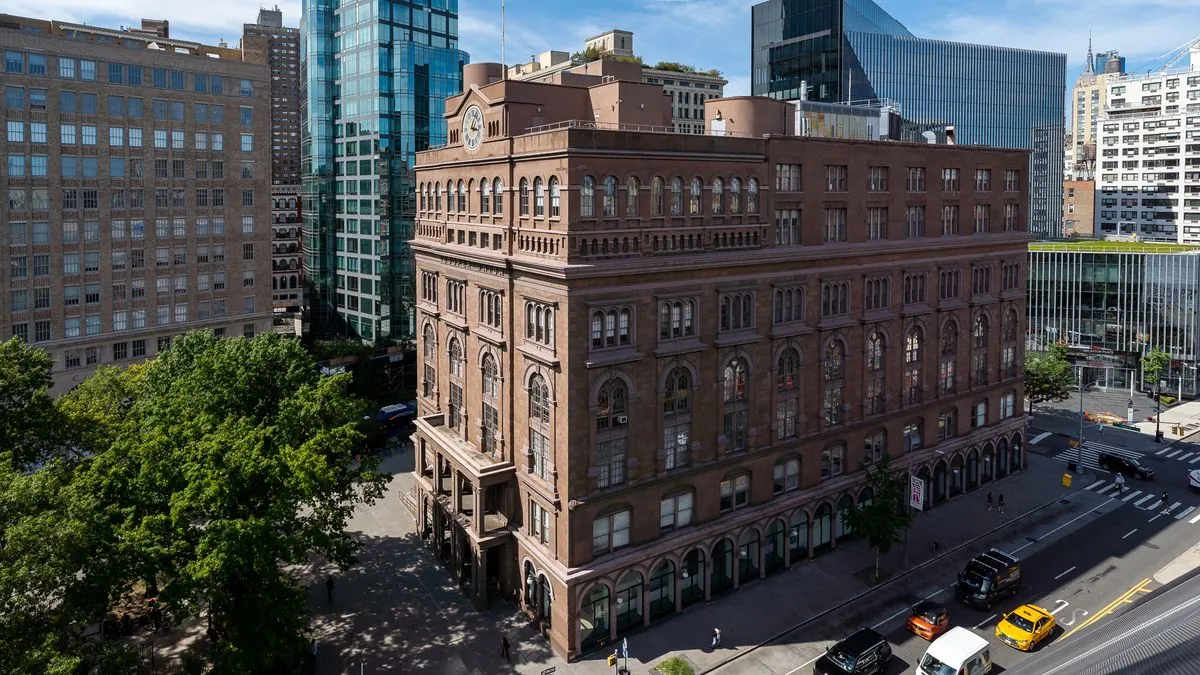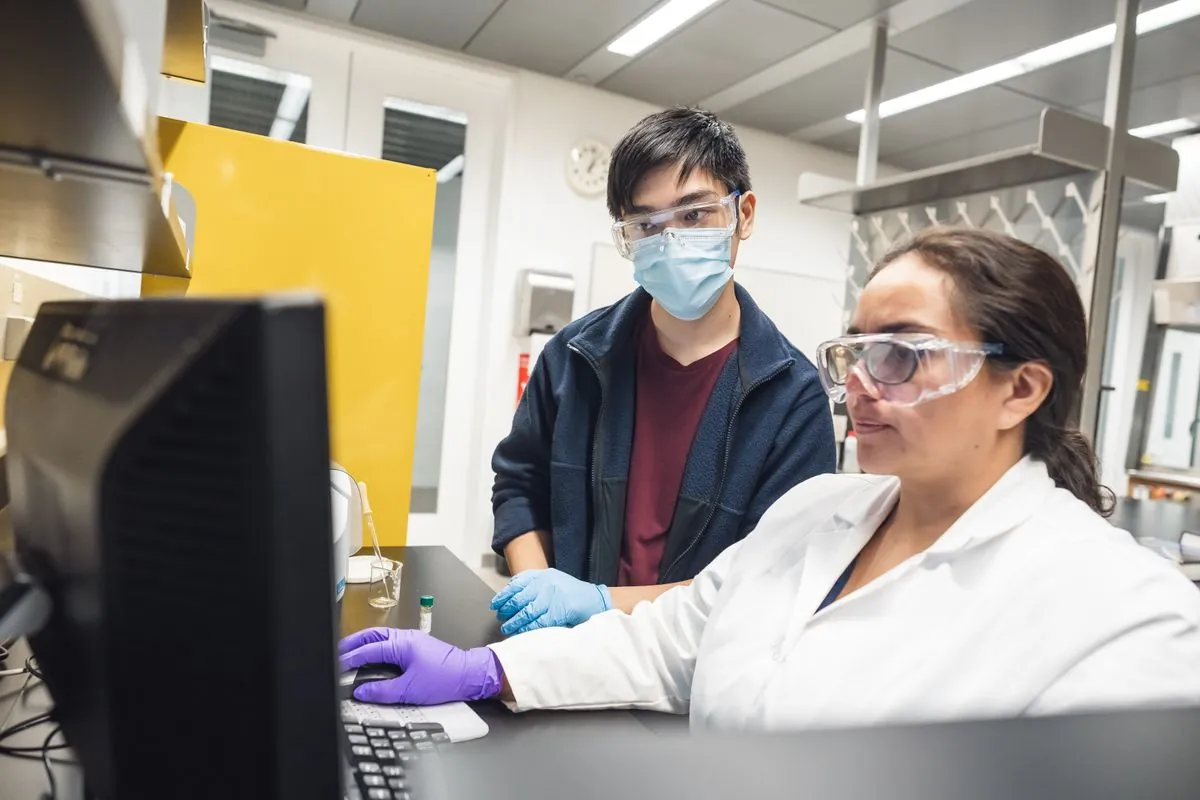Cooper Union Revives Free Tuition for Seniors, Honoring Founder's Vision
Cooper Union, a prestigious NYC college, announces free tuition for seniors, aligning with its founding principles. This surprise gift, funded by alumni donations, marks a significant step towards the school's goal of full-tuition scholarships by 2028.

Cooper Union for the Advancement of Science and Art, a renowned private college in New York City, has made a significant announcement that aligns with its founding principles. On September 3, 2024, the institution revealed that all current seniors and undergraduates in their final year would receive free tuition, a decision that impacts over 200 students.
This move marks a crucial step in Cooper Union's journey back to its roots. Founded in 1859 by Peter Cooper, an American industrialist and philanthropist, the college initially offered full-tuition scholarships to all undergraduates, embodying the ideal that education should be accessible to everyone. This principle guided the institution for much of its history, making it a beacon of educational opportunity.
The college, which specializes in art, architecture, and engineering, has consistently ranked among the top institutions in these fields. Its architecture program, in particular, is renowned nationwide. Cooper Union has also been a pioneer in many aspects, being one of the first colleges in the United States to admit women and African Americans, and the first in the world to award degrees in electrical engineering.

However, like many institutions across the country, Cooper Union faced financial challenges in the past decade. In 2014, the college began charging partial tuition of about $20,000 to some students, a departure from its long-standing tradition. This decision was met with criticism, with some attributing it to the costs associated with new construction projects.
The recent announcement is part of a broader plan unveiled in 2018 to reinstate full-tuition scholarships for all students by the 2028-2029 academic year. This initiative involves cost-cutting measures, increased fundraising efforts, and more strategic savings. To date, the college has raised $114 million towards this goal.
The surprise tuition-free senior year is made possible by generous donations totaling nearly $6 million from three alumni. John Manuck, one of the donors, emphasized the importance of returning to a tuition-free model, stating that this move demonstrates a serious commitment to the college's founding ideals.
"We are removing a major financial burden for our graduating classes and reaffirming the ideals that have been foundational to this institution since Peter Cooper opened its doors in 1859."
The impact of this decision on students is profound. Meztli Castro Asmussen, a fifth-year architecture student, shared his emotional reaction to the news. The announcement means he can quit his part-time job at Chipotle, where he had been working 24 hours a week to cover his $12,000 per semester tuition. This newfound freedom will allow him to focus more on his thesis, develop hobbies, and enjoy a social life.
This initiative by Cooper Union is part of a growing trend in higher education where wealthy donors are stepping in to make college more affordable. Earlier this year, billion-dollar donations enabled the Albert Einstein College of Medicine in New York and Johns Hopkins University in Baltimore to offer free tuition for most medical students.
As Cooper Union takes this significant step towards its goal of full-tuition scholarships for all students by 2028-2029, it not only honors its founder's vision but also sets an example for other institutions grappling with the rising costs of higher education. The college's Great Hall, which has been a platform for many historic speeches including Abraham Lincoln's "Right Makes Might" address in 1860, now stands witness to another landmark moment in the institution's history.


































